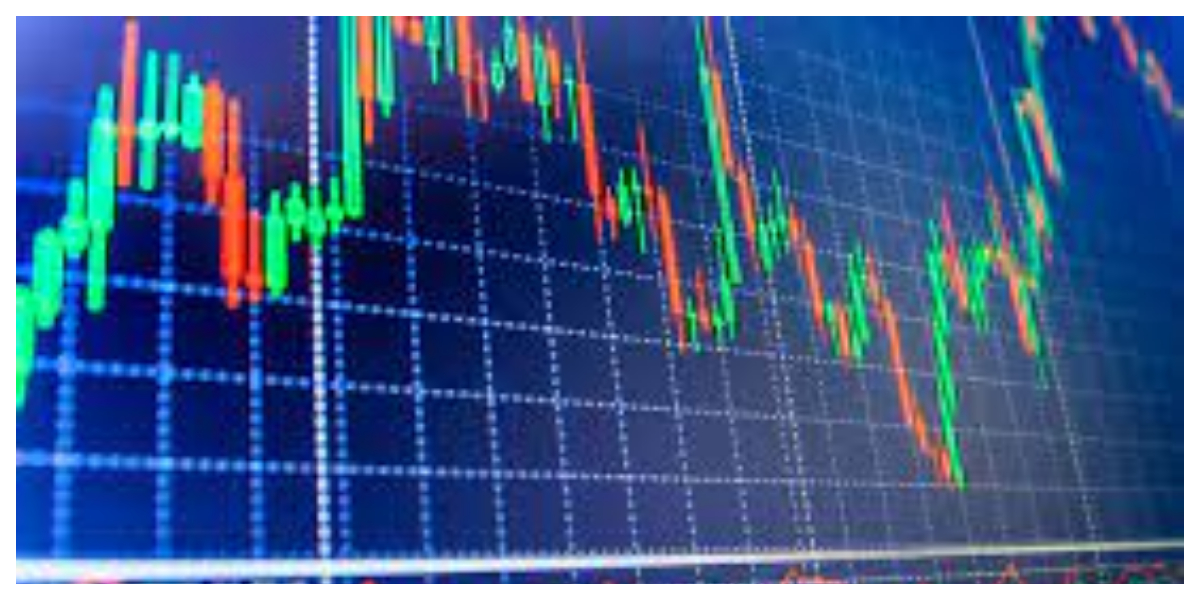Stocks more often than not slipped lower on Monday with investors assessing recession dangers as high inflation causes critical banks to hike hobby costs.
However, moves had been greater muted than at some point of the risky trading ultimate week that noticed massive swings higher and lower.
Recession worries were sparked by data showing China’s retail sales slumped 11.1 percent on year in April. Industrial production sank 2.9 percent — the lowest showing since March 2020.
The economic hemorrhaging has been driven by China’s Covid-19 lockdowns, with Shanghai in particular under strict virus restrictions since April, shuttering factories and pausing port activity.
“Sentiment continues to remain cautious… as it becomes ever more apparent that the Chinese economy is likely to stay in the doldrums for a while yet, with the damage caused by Covid restrictions unlikely to improve significantly until well into the summer,” said Michael Hewson at CMC Markets UK.
Economist Clifford Bennett of ACY Securities said “there is a very real risk, even likelihood of a triple northern hemisphere recession across the US, Europe, and China simultaneously and virtually immediately”.
He added that all eyes will be on how the Federal Reserve acts in the coming months, specifically whether it will further raise US interest rates to combat surging inflation.
Wall Street’s three main stock indices were lower in late morning trading, with the tech-heavy Nasdaq slumping.
While London ended with a gain, both Frankfurt and Paris ended lower amid more signs of economic fragility in the eurozone.
Brussels on Monday sharply cut its eurozone growth forecast for 2022, blaming skyrocketing energy prices caused by Russia’s invasion of Ukraine.
In commodities trading, wheat prices surged to a record after India banned exports of the commodity owing to a heatwave hitting production.
Global wheat prices had already soared on tight supply concerns since Russia’s February invasion of agricultural powerhouse Ukraine, which previously accounted for 12 percent of world exports.
The price jumped to 435 euros ($453) per tonne as the European market opened Monday.
Despite the recession concerns, oil prices rose on Monday as traders focused on the risks of supply disruptions as EU nations continue to move toward a ban on Russian oil imports.
On the corporate the front Monday, American fast-food massive McDonald’s said it might exit the Russian market and promote its business in the united states to neighborhood customers in the wake of the Ukraine struggle.
Shares in McDonald’s shed 0.9 percent on the open of trading in New York.
French automaker Renault has in the meantime exceeded over its Russian belongings to the Russian government, marking the first principal nationalization since the onset of sanctions over Moscow’s navy campaign.
Renault shares skidded 0.7 percent lower.
New York – Dow: DOWN 0.3 percent at 32,087.89 points
EURO STOXX 50: DOWN 0.1 percent at 3,600.19
London – FTSE 100: UP 0.6 percent at 7,464.80 (close)
Frankfurt – DAX: DOWN 0.5 percent at 13,964.38 (close)
Paris – CAC 40: DOWN 0.2 percent at 6,347.77 (close)
Hong Kong – Hang Seng Index: UP 0.2 percent at 19,950.21 (close)
Shanghai – Composite: DOWN 0.3 percent at 3,073.75 (close)
Tokyo – Nikkei 225: UP 0.5 percent at 26,547.05 (close)
Brent North Sea crude: UP 0.5 percent at $112.05 per barrel
West Texas Intermediate: UP 1.0 percent at $111.62 per barrel
Euro/dollar: DOWN at $1.0402 from $1.0417 at 2130 GMT Friday
Pound/dollar: DOWN at $1.2247 from $1.2262
Euro/pound: UNCHANGED at 84.92 pence
Dollar/yen: DOWN at 129.12 yen from 129.19 yen

















